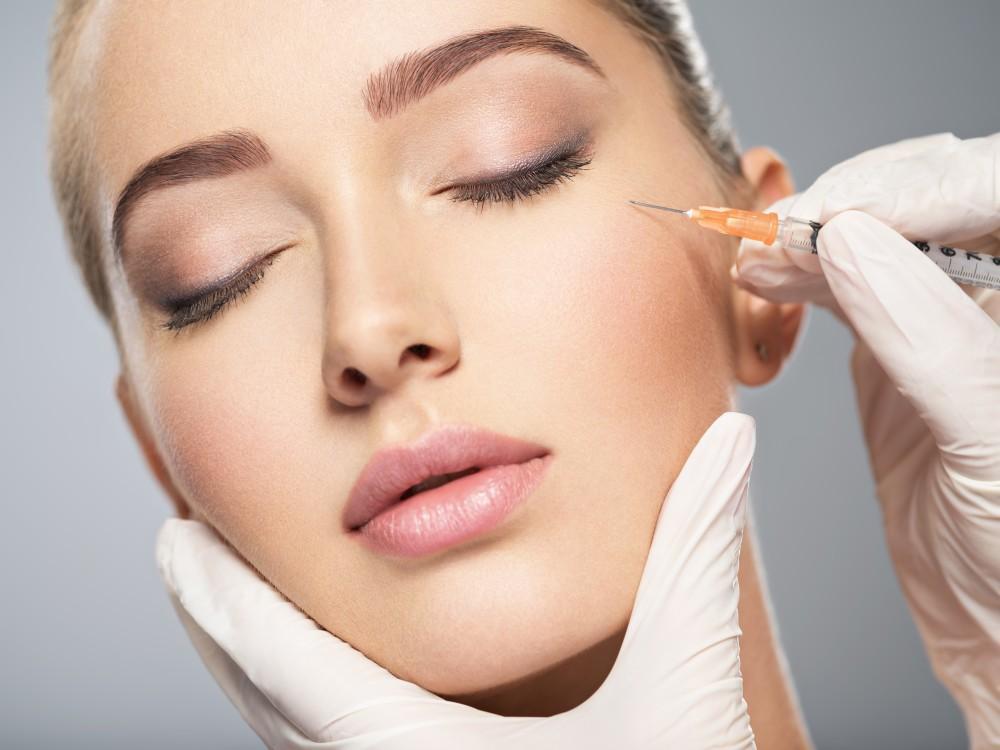Botox injections have become a popular cosmetic procedure for reducing wrinkles and fine lines. However, to ensure optimal results and safety, proper preparation is crucial. Here’s a step-by-step guide to help you prepare effectively:
Research and Understand the Procedure
Conduct thorough research before scheduling your Botox treatment to grasp what the procedure entails fully. Understanding how Botox works, its potential benefits, as well as its limitations and possible side effects, empowers you to make informed decisions. Research reputable sources, read patient testimonials, and consult medical professionals to ensure you understand what to expect from Botox treatment.

Select a Reliable Provider
Choosing a reputable botox provider is crucial for a successful experience. Look for a licensed and experienced practitioner specializing in cosmetic procedures, particularly Botox injections. Check online reviews from past clients and ask for recommendations from trusted sources. A skilled provider will thoroughly understand facial anatomy, ensuring precise injections that achieve natural-looking results. Take the time to research and interview potential providers to find one who inspires confidence and meets your specific needs and expectations for Botox treatment.
Ask Questions During Consultation
Your initial consultation with a Botox provider is an opportunity to gather essential information and clarify any concerns you may have. Prepare a list of questions regarding the procedure, such as the types of Botox products used, the provider’s experience and training, expected results based on your concerns, and potential risks or side effects. A reputable provider will welcome your questions, provide clear and detailed answers, and address any anxieties you may have about undergoing Botox injections. Asking questions during the consultation ensures you are well-informed and confident before proceeding with the treatment.
Avoid the Advised Supplements and Medications
In the weeks leading up to your scheduled Botox appointment, it’s crucial to follow your provider’s instructions regarding medications and supplements. Certain substances, such as blood thinners (e.g., aspirin, ibuprofen) and muscle relaxants, can increase the risk of bruising or other complications during and after Botox injections. Your provider may advise you to temporarily discontinue these medications to minimize these risks and optimize the effectiveness of your treatment. Following these guidelines demonstrates your commitment to achieving the best possible outcomes from your Botox procedure and ensures your safety.
Follow Pre-Procedural Guidelines
Before your Botox treatment, your provider may recommend specific pre-procedural guidelines to enhance the results and minimize potential side effects. These guidelines typically include avoiding alcohol consumption, staying well-hydrated, refraining from strenuous exercise immediately before your appointment, and maintaining a healthy diet. Following these recommendations helps prepare your body for the procedure, ensuring you are in optimal condition for Botox injections. By adhering to these pre-procedural guidelines, you contribute to the success and longevity of your Botox results while minimizing any discomfort or complications.
Plan for Aftercare
Proper aftercare maximizes results and minimizes potential side effects. Your provider will provide specific post-procedural instructions, like not touching or rubbing the treated area, refraining from vigorous exercise for the remainder of the day, and scheduling any necessary follow-up appointments. It’s crucial to follow these instructions diligently to ensure the longevity of your Botox results and reduce the risk of complications. Proper aftercare supports the healing process and allows you to enjoy the full benefits of your Botox treatment, enhancing your overall satisfaction with the procedure.
Conclusion
Proper preparation is critical to a successful Botox experience. Ensure a safe and effective treatment by researching the procedure, selecting a reputable provider, asking questions, following pre-procedural guidelines, and planning for aftercare. Remember, Botox is a medical procedure, and taking these steps helps you achieve and maintain the desired results while minimizing potential risks.







